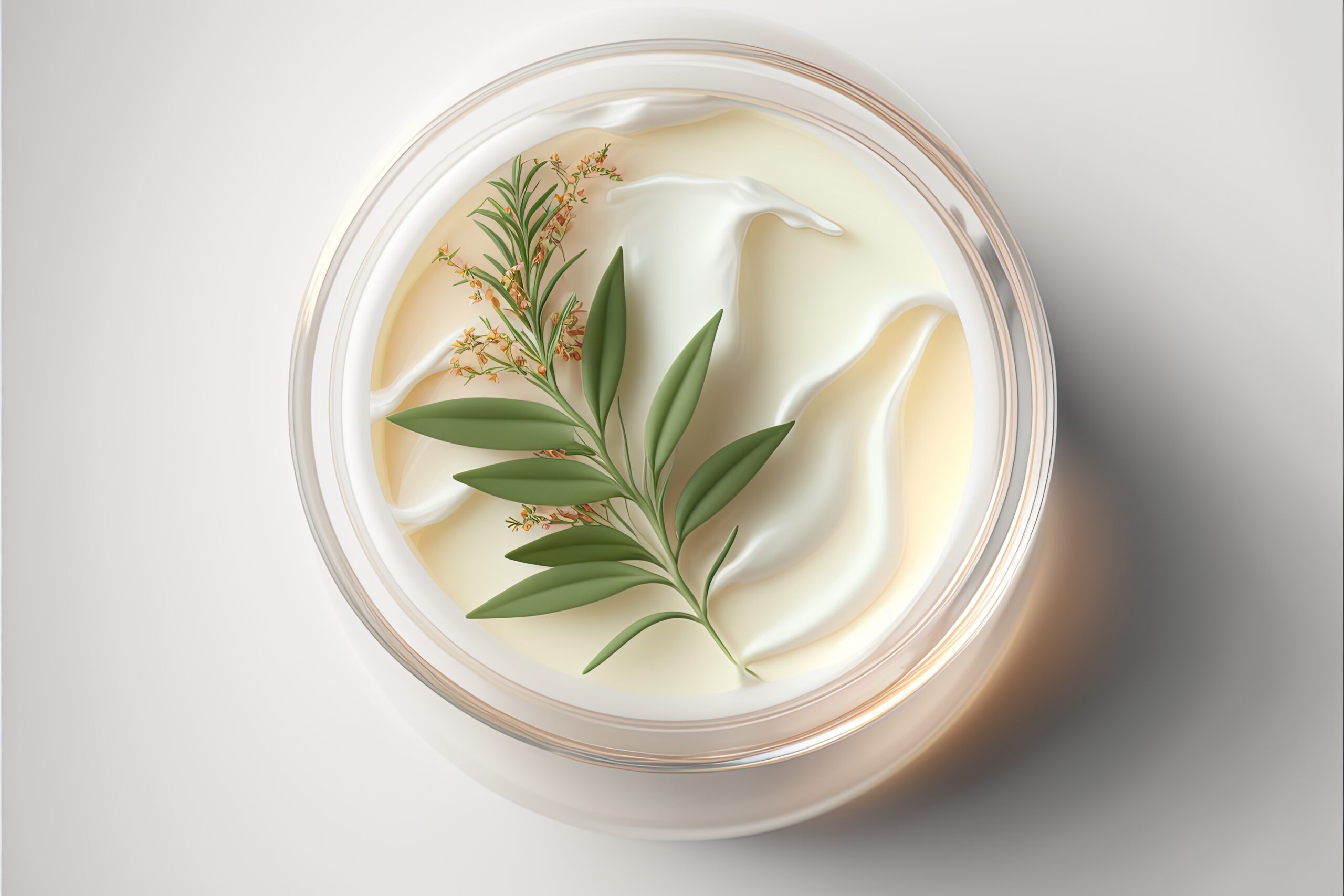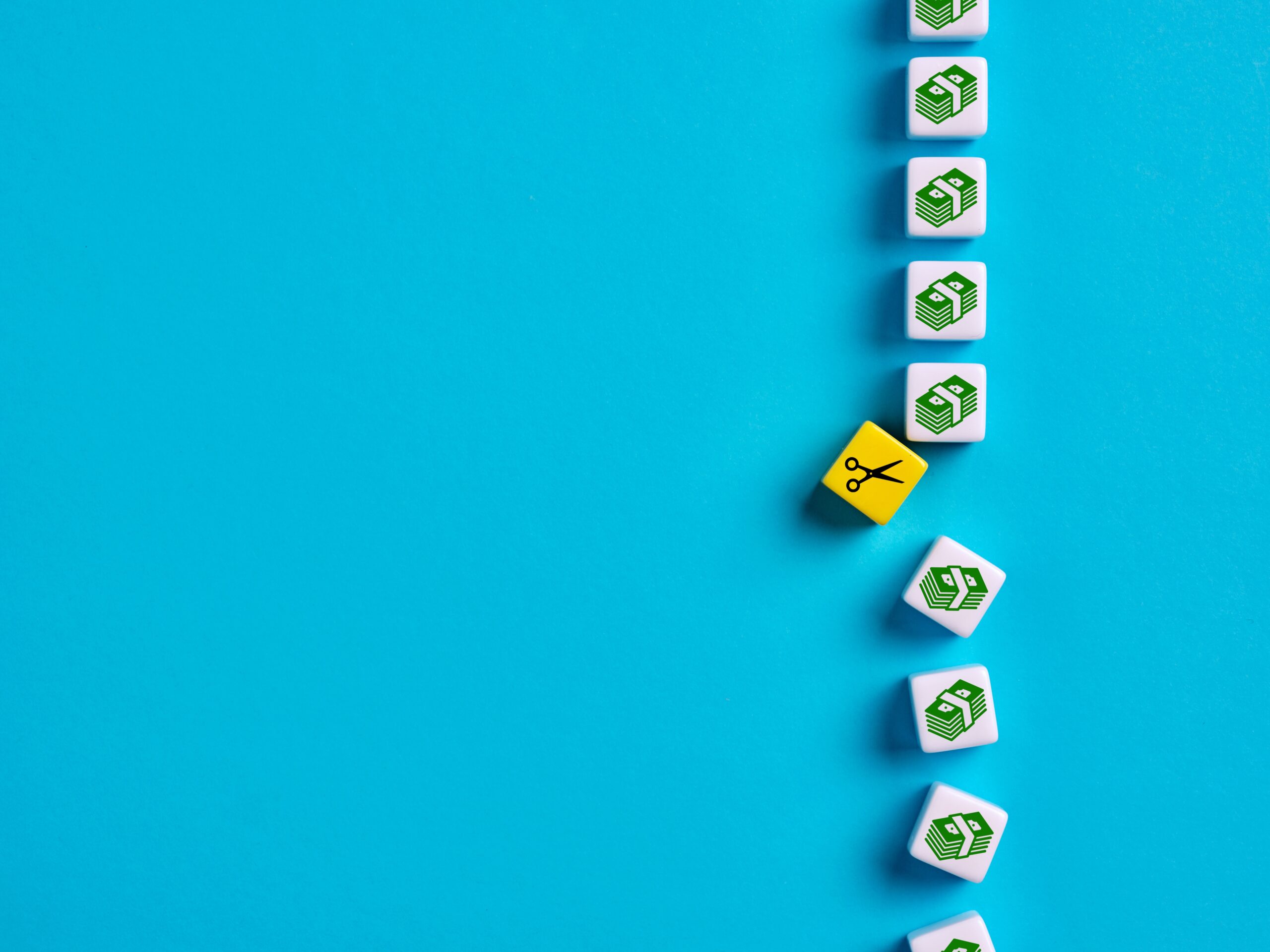It feels like over the last year, the use of artificial intelligence and machine learning has exploded. AI and its impact has become the topic of so many discussions, from the role of AI in processing data and even diagnosing diseases in healthcare to playing a role in the historic writers strike still taking place. Our approaches to AI are often filled with apprehension—particularly when it comes to data, privacy, and creative ownership—but the fact of the matter is AI is here to stay and already plays a huge role in our day-to-day lives. AI is behind all those suggestions of videos you might like on social media. “Smart” products are constantly learning our behaviors to make our lives more comfortable. If you use face recognition to unlock your phone, that’s AI too.
AI will only continue to play a big role across industries, and the beauty industry is perfectly primed for an AI takeover. Before we nerd out over our new robot overlords, let’s note just how massive the beauty industry is. Beauty (which is broken down into makeup, skincare, hair care, and fragrance) is set to generate $580 billion by 2027 and AI within the beauty industry is already worth billions. Beauty’s hold on consumers is so bankable that, according to an anecdotal theory called the Lipstick Effect, in times of economic downturn, women and folks who typically purchase makeup will still spend money on small luxury cosmetics rather than other more expensive purchases.
E-commerce is now the fastest-growing channel in the beauty industry, making up over a fifth of the market and steadily rising. The market is more competitive than ever with the huge increase of smaller, direct-to-consumer business owners alike, but a lot of customers are satisfied with the makeup they have access to. According to a 2019 Ipsos survey, via Forbes, 80% of respondents agreed with the statement “My personal beauty and grooming needs are met by products I can buy today,” and 55% of respondents would rather stick to a brand they know over a new one they haven’t tried. But in light of the impact of social media and e-commerce’s rise, behaviors have shifted. A StyleSeat poll of 1000 respondents found that 89% of TikTok users surveyed, purchased a beauty product after seeing it on the app—despite the fact that 76% of all social media users surveyed don’t believe product recommendations from influencers are genuine.
So you have your giant legacy brands holding their ground. And you have a lot of up-and-coming small direct-to-consumer brands breaking in and finding their audiences to varying degrees of success. And AI is about to be a huge game changer for everyone across the board if they understand how to leverage it correctly.
Ease the process from heart to cart
AI at its best is all about overcoming consumer pain points in a thoughtful and engaging way. Shopping for beauty products can be complicated and overwhelming for customers; with a myriad of skin trends and endless information about ingredients used in the product, it can be a real art to engage a customer, understand their needs, inform them of a solution without overwhelming them, and make the sale. Other common pain points for beauty consumers include not having enough associates to help with in-person consulting and stock running low.
AI has the potential to convert these moments that might make a consumer give up into positive experiences. Behind the scenes, AI can help forecast demand and understand supply chain issues to ensure your product stock is stable and consistent. When it comes to direct interactions with customers online or even in person, having virtual assistants that can answer questions, make recommendations, and successfully troubleshoot with customers will make all the difference in maintaining customer engagement and loyalty.
Personalize personalize personalize
It’s hard to believe that it’s only been 6 years since Rihanna launched Fenty Beauty, successfully providing a wide and actually inclusive range of foundation shades to match every skin tone and proving once and for all that not only does everyone deserve to have makeup that works for them, but that you can make a couple of billion dollars off that reality.
At the heart of that spirit of inclusivity is personalization, ensuring that consumers can have a product that makes them feel like “This is for me.” In the same way that customers’ #1 goal with retail is finding the “right fit,” a top goal for beauty is helping consumers find exactly what works for them. Consumers know what they need and know what they like, and want to make those well-informed choices for themselves, and AI is an excellent tool in facilitating this. AI can be used to provide personalized and informative beauty suggestions, taking the customer’s skin type and tone, sustainability preferences, skincare and makeup regimen, and style into account. This can be done through diagnostic quizzes, or analyzing selfies to identify skin type and face shape.
For example, Shiseido’s groundbreaking products like the Skin Visualizer which measures “radiance, resilience and suppleness, and fine skin texture and smoothness of the skin” and Makeup Advisor allows customers to get an in-depth analysis of their skin and face, share what kind of beauty outcomes they’d like to have, and receive an extremely personalized menu of suggested beauty products.
Having personal and unique suggestions can result in a huge return on interest, upwards of 1500% according to ERM, a personalization software for retailers.
Try before you buy
Despite e-commerce being a huge part of the beauty industry, nothing can really replace going into a store to try on a product, whether it’s seeing how a certain moisturizer sits on the skin or trying to see which shade of plum actually works with your complexion. While AI may not (currently) be able to let you feel firsthand just how well a cream absorbs into your skin, it can definitely help you see what certain makeup products look like on your face. Companies like Sephora, Maybelline, L’Oreal and more are banking on virtual makeup try-on services. Having tech that allows customers to virtually “try on” products whether it’s makeup or different hair colors and styles engages customers in a fun and genuinely informative way, and can even help us overcome our own biases regarding beauty.
AI and equity
AI is fast becoming an essential tool in all aspects of our lives and is already playing a major role in the beauty industry. But it is far from perfect. AI does reflect biases embedded in the data it’s working with and this has unfortunate results, particularly when it comes to race. Facial recognition technology has been criticized for not accurately picking up on darker skin tones, and certain technologies have been found to perform better on men than women (a reflection of the lack of diversity in who is designing and creating these AI products). While these issues are being addressed, it’s important to be mindful of these realities and experiences and ensure that the AI being used is accessible to all consumers. Part of AI’s strengths is in providing nonjudgmental interactions and suggestions to customers based solely on data, so as to not perpetuate the limited beauty standards and judgmental exchanges that have kept customers from going into stores.
It’s of utmost importance that the technology being used can actually ensure that kind of equitable inclusivity, but once properly deployed and leveraged, AI will be essential to creating an experience that earns customer loyalty, and the possibilities will only expand from there.
About the author.
Sam Mani writes about work, creativity, wellness, and equity — when she’s not cooking, binging television, or annoying her cat.



